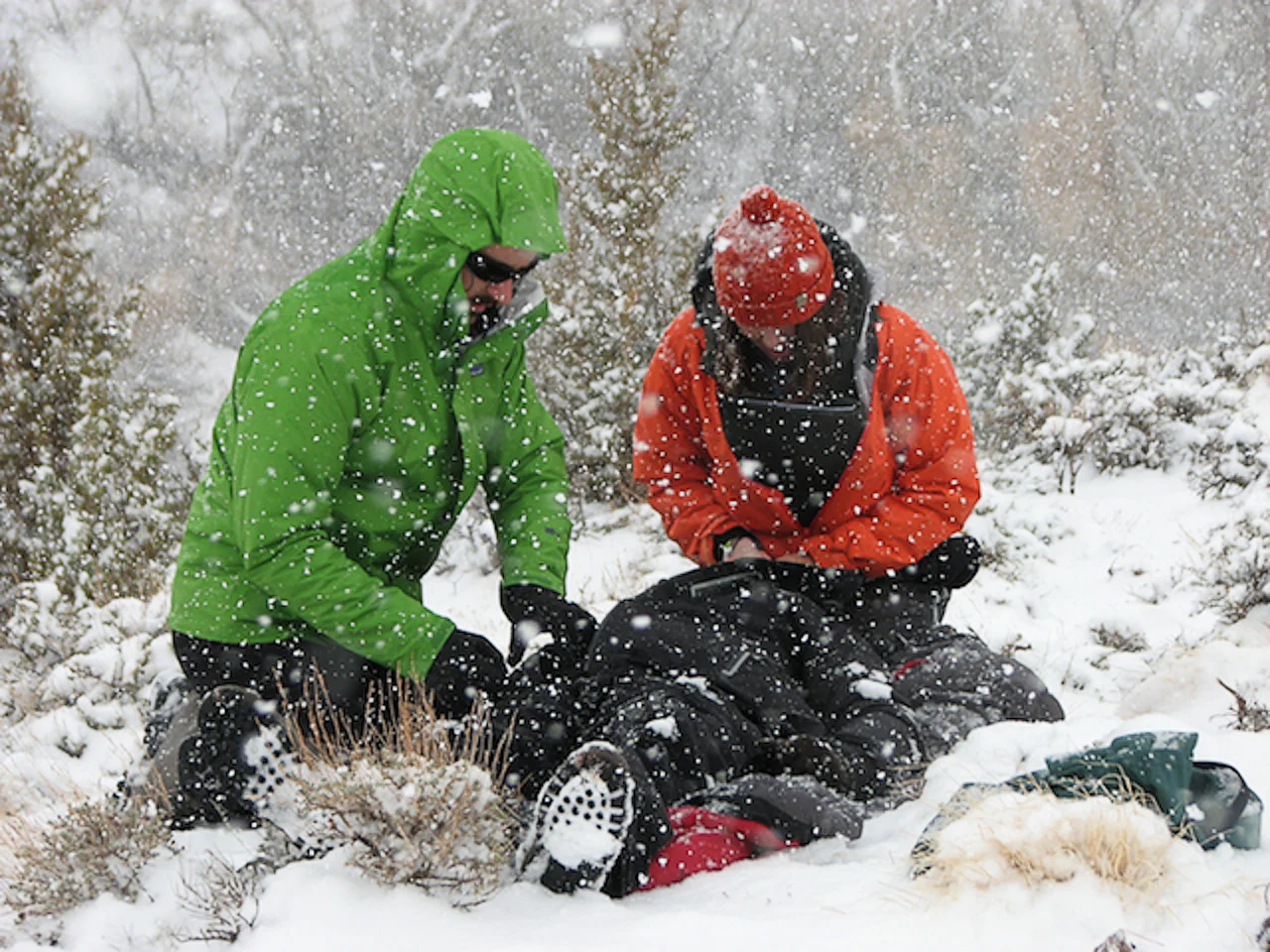Car First Aid Kit Checklist - 14 Things You Must Have
Car accidents can occur at any time, and a well-stocked first aid kit will allow you to treat both minor and serious injuries before emergency medical assistance arrives. Feeling prepared to handle injuries and medical emergencies while driving can boost your confidence and give your passengers greater peace of mind.
Haemostatic Agents - How They Work & How to Use Them
In cases of massive traumatic bleeding, it is imperative to use quick and effective solutions that can raise the patient’s chances of survival. Haemostatic agents are specifically designed to stop the bleeding from injured blood vessels, thus playing a critical role in high-pressure scenarios.
How to Apply a Tourniquet Correctly
When someone is bleeding profusely from a limb, and medical personnel are not present at the scene, knowing how to apply a tourniquet can help to stop blood flow to the wound and control bleeding until emergency medical services arrive.
What Is Wilderness Medicine?
Wilderness medicine is a rapidly growing discipline that is becoming increasingly relevant in this era of globalization, international travel, and wilderness exploration.
Six Essentials To Prepare For Hot Or Cold Weather
Getting these six essentials in order will provide you with a foundation from which you can grow. Remember that for each, you must be sure you have a minimum of two to three weeks’ supply.
Extreme Hot Temperature Survival Guide
The potential for extended power outages during extreme heat becomes a real worry every summer. Without appropriate preparation, this situation can lead to severe consequences. Whether you’re confronted with a continuous power outage or preparing for the summer season, this information will equip you with the essentials to guarantee your safety and well-being.
Extreme Cold Temperature Survival Guide
Every winter, the possibility of a prolonged power outage during extreme cold becomes a genuine concern. Without proper preparation, this scenario can be catastrophic.
Hypothermia In The Wilderness
Whether you are out walking in the Brecon Beacons or traversing the Cairngorms plateau this winter, it is important to have an awareness of how to keep warm and reduce the risk of hypothermia. This short article will cover some common pitfalls and explore how to manage a cold casualty out in the field.
How To Build an Emergency Kit and Grab-bag
It’s useful to make a list of essential items that you can grab quickly in an emergency or keep them stored somewhere with easy access in a small enough bag for anyone to carry.
The 72-Hour Emergency Kit
If a disaster occurs in your community, local government and disaster-relief organizations will try to help you, but you need to be ready as well. Local responders may not be able to reach you immediately, or they may need to focus their efforts elsewhere.
Considerations for Emergency Preparedness
Being prepared can reduce fear, anxiety, and losses that accompany disasters. Communities, families, and individuals should know what to do in the event of a fire and where to seek shelter during a powerful storm.
Emergency Preparedness: Medical and Hygiene
Welcome to Part III of our Emergency Preparedness topic. We have given you an Introduction to Emergency Preparedness and we looked at Food and Water. Now we are covering medical and hygiene preparations.
Emergency Preparedness: Food and Water
In the previous article, we gave you an introduction to Emergency Preparedness. Now we will look in more detail at two essential, life-saving preps; food and water.
Introduction to Emergency Preparedness
We’ve created this article to get you started. When you start on your path in emergency preparation, it can seem overwhelming and can be more than a bit of stress and anxiety-ridden.
Cold Water Shock and Drowning: What You Need to Know – And Do
Immersing yourself in cold water is increasingly popular and is touted to provide many health benefits, but sudden immersion in water less than 15ºC can be very dangerous. ‘Seasoned’ cold water swimmers enjoy repeated visits and as a result, their body acclimatises to cold more readily.
First Aid Kit Advice For River Travel
The first thing we need to remember is that there is no perfect first aid kit. The environment, the terrain, the climate, the skill set of companions, the number of days, the number of people, and the remoteness of our expedition need to be taken into consideration.
Foot Care and Blisters- Essential Tips
Blisters are a common problem and neglecting foot-care can turn a great hike into a painful experience. We have probably all suffered from blisters at some point, and even if these are small, they have the potential to ruin a day out on the hill.
What Is Wilderness Medicine?
Wilderness medicine is a rapidly growing discipline that is becoming increasingly more relevant in this era of globalization, international travel and wilderness exploration.
Seasickness: Preventions and Treatments
Every year, millions of people are affected by water-related incidents, regardless of the type of water transportation undertaken (and the weather conditions). There are various degrees of seasickness, ranging from mild queasiness to extreme nausea, dizziness and vomiting.
Decompression Sickness in Divers: Recognizing and Responding to ‘The Bends’
Decompression sickness (DCS) is one of the most common problems reported to the Divers Alert Network (DAN), and although scuba diving accidents are rare, it’s important to know how to handle suspected cases of DCS.




















